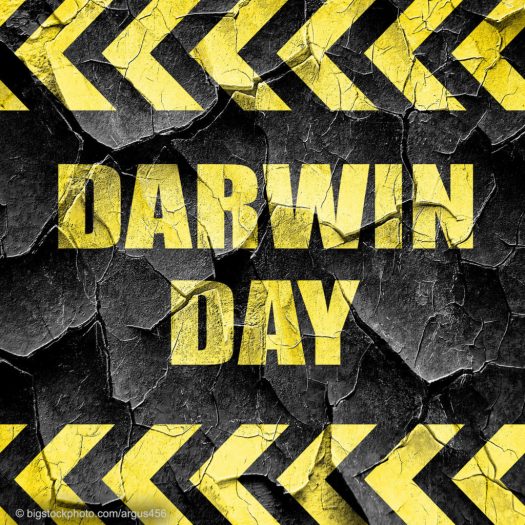
As we look at the many creatures that inhabit planet Earth, we see that humans are unique. What makes humans special?
Unlike most animals, we walk on two legs. Even primates that can stand upright, spend much of their time on all-fours. Standing upright frees our hands for making and using tools. It also allows us to use our hands for creating art and writing stories and books. Our hands enable us to write instructions explaining how to use the tools we create. Writing makes it possible for us to record the things we learn about the world around us.
Our hands allow us to do things that no animal can because of our opposable thumbs. Most apes and monkeys have opposible thumbs, but only humans can bring their thumbs in opposition to any of our four fingers.
Most animals are covered with a thick layer of hair to protect them from the harsh environment. We protect ourselves by clothing that we design using our creativity and that we make using our hands.
Humans are special in our ability to speak. The design and position of our larynx, tongue, and mouth make it physically possible to create sounds that form words. Beyond our physical traits, the ability to understand symbolism is essential for advanced communication. Your ability to understand the meaning of words, even the meaning of the words formed by the letters you are reading is unique to humans.
Human children are dependent on their parents for a much longer time than any animal, and our family relationships are important throughout life. We are capable of an “agape” type of love that emphasizes the needs of others rather than ourselves. We learn to love in our families as our parents model a godly love for us.
Most animals live as long as they can reproduce and they die soon after that. Their purpose is to procreate and maintain a balanced natural environment. Humans live far beyond the time when we produce offspring because we have a purpose beyond reproduction. God has given us the responsibility take care of the creation and to serve others and to serve Him.
Our brain makes us unique, not necessarily because of its size but because of what it can do. There are animals with larger brains. The sperm whale has the largest. When you compare brain weight to body size, many birds have brains that make up 8 percent of their body weight. The human brain is only about 2.5 percent of our body weight, but it far exceeds the brain of any animal in intelligence.
The greatest difference–and the biggest mystery to science–is what is often referred to as “mind.” How can mere atoms and molecules form cells and neural connections to create the human sense of self-consciousness and purpose? How can they form themselves into a mind that can contemplate the universe and our purpose in life? We believe this most unique feature of humans is more than the physical action of neurons. We prefer to call it our soul.
As we seek to know what makes humans special and unique, we have to look beyond the physical realm. Our creativity, our search for beauty, our desire for loving relationships, our seeking after justice, and our need to worship, all indicate that we know there is something beyond what this world offers. We believe those desires are in our souls because we were created in the image of our Creator and we were created to have a relationship with Him. That is truly what makes humans special.
–Roland Earnst © 2018









